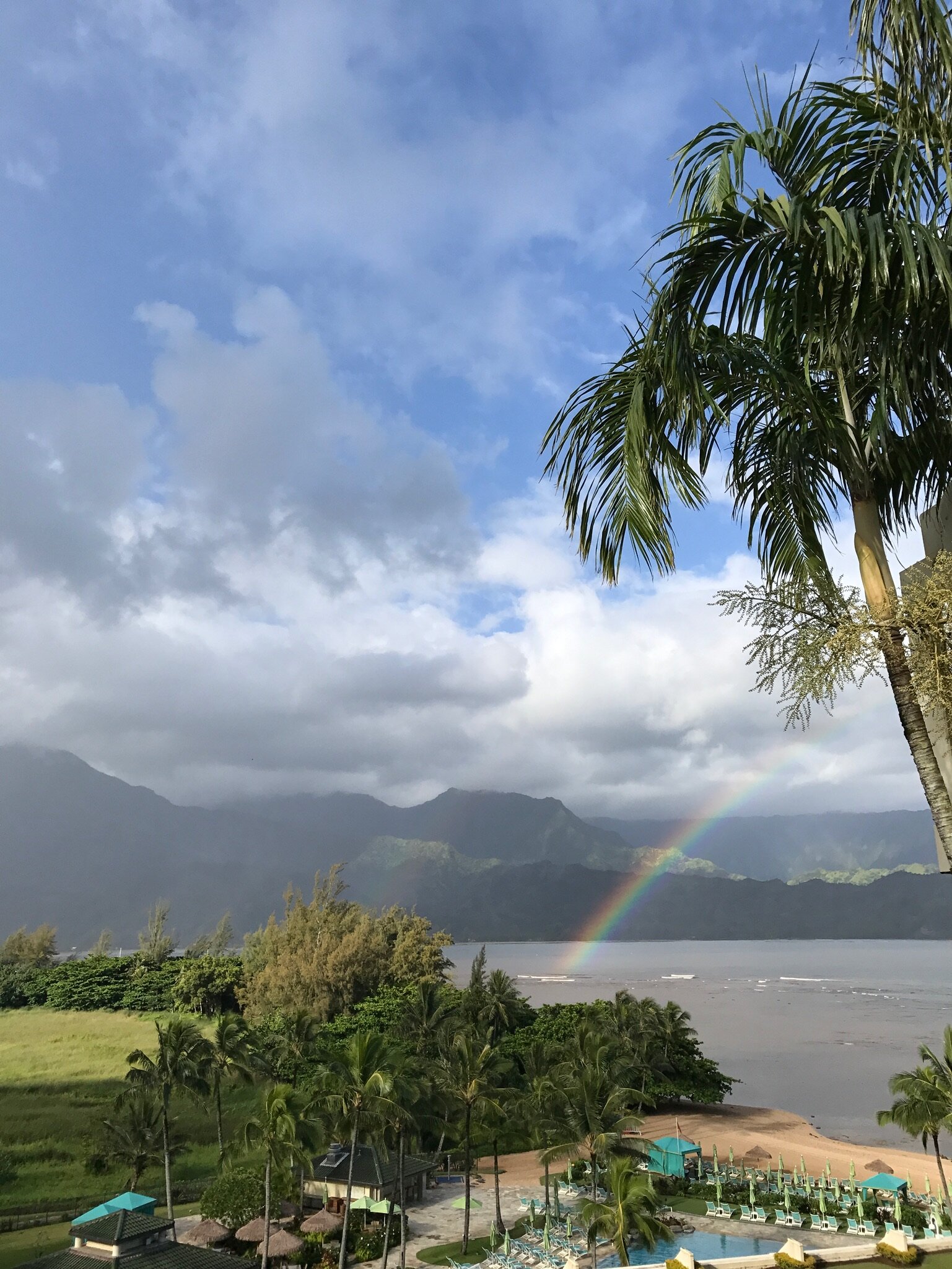Americans Leave 7 Days of 2019 Vacation Unused, Survey Says
/Nearly 44 million working Americans report having seven or more paid vacation days left to use this year, and a commonly cited reason is work guilt, according to the 2019 Priceline Work-Life Balance Report. Nearly one in five (18 percent) say they feel guilty taking a break from work, with the same percentage reporting that they are simply too busy to go on vacation.
The Priceline Work-Life Balance Report is an annual study that examines how, why and whether American workers use the full allotment of paid time off (PTO) available to them. The 2019 study was commissioned by Connecticut-based Priceline, a world leader in travel deals, and a division of Booking Holdings Inc., located in Norwalk.
More than half (55 percent) of American workers report having more than 10 paid vacation days available to them each year. More than half (53 percent) of respondents say they typically leave available vacation days unused at year’s end, and a full third of American workers report leaving at least half of their days unused.
When Americans do leave the office, many say that work follows them. Nearly one in three (29 percent) say their company, or their supervisor, expects them to be “available” while on break, while nearly one in four (38 percent) report that they feel “pressure” to check email or voicemail while away. A full 15 percent of American workers say that they end up working during some portion of every vacation they take.
“The respondents in this study report feeling pressure to work while they’re on break. They shouldn’t. Instead, their company should feel pressure to show employees that they’re valued, by making it clear that ‘out of office’ means fully disconnected,” said Liz Dente, Chief People Officer at Priceline.
The youngest American workers were the likeliest to report feeling guilty when using paid vacation time. Nearly half of Generation Z workers (47 percent) reported feeling the most pressure to check email and voicemail while on vacation, though those pressures do diminish with age. Four in ten Millennials report feeling the same pressure, as do a third (34 percent) of Generation X workers. Baby Boomers, at 24 percent, feel the least pressure.
The Priceline Work-Life Balance Report also reveals that for Americans, “work guilt” is immediately present when employees start a new job. More than six in ten respondents said that they would wait a minimum of six months before feeling comfortable enough to take a vacation of any appreciable length, while 21 percent of respondents would wait at least an entire year.
The analysis was developed for Priceline by Savanta, an international research firm, which asked 1,000 working Americans to report on their work vacation habits and the unspoken reasons why many left their days unused. The survey ran from September 30 to October 4, 2019
More than one in three (34 percent) working Americans cited “relaxation” as their top goal for time off, the most common response. A full quarter (26 percent) of respondents reported frustration at having to spend too much of their work vacation on “other people’s events,” such as weddings and bachelor/bachelorette parties.
Last-minute getaways are increasingly popular, which may explain why so many working Americans report frustration at missing them. In fact, last-minute breaks are now among the most common ways Americans travel. Given the ubiquity of travel apps, and millions of new alternative lodging options such as private homes and apartments, Americans now book vacations closer to their date of departure than they once did.
Last year, the Priceline Work-Life Balance Report found that nearly six in ten (59 percent) of respondents intended to use more paid vacation time in 2019. This year, a full 66 percent of American workers say they plan to use ALL of their time off in 2020. Time will tell if those intentions become a reality.


































